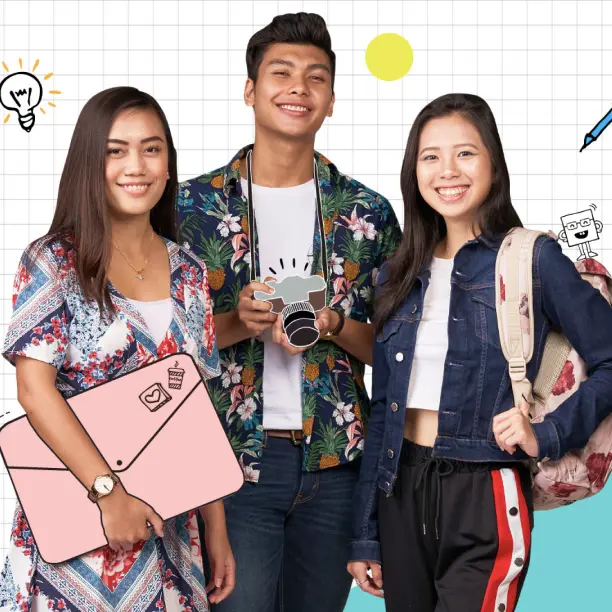
|
ESI3003 |
Student Internship Programme
This structured programme is designed to link your learning with the real work environment. You will be placed in organisation(s) with opportunities to apply the concepts and skills acquired in the course of your study. Besides reinforcing technical concepts and mastering of skills in areas that you have been trained, the practical training will enable you to build important skills such as problem-solving, communication, teamwork, and to cultivate good attitude and a strong work ethic.
|
16 |

|

|
ETX1001 |
Effective Communication
This subject introduces the fundamentals of effective communication. It also covers how to communicate with and convince an audience through writing and speaking tasks. The skills in this subject will include the application of strategies for communication, appropriate vocabulary, language features, visual aids, tone and style. The Message, Audience, Purpose and Strategy (MAPS) framework will also be applied when planning and engaging in written and verbal communication. There will be opportunities to communicate and collaborate through active learning activities, apply digital and information literacy skills and build competence through self-directed learning.
|
3 |

|

|
ETX1002 |
Professional Communication
This subject covers professional communication skills for the workplace and employability skills in the areas of career preparation. It covers communication and interpersonal skills, including effective virtual communication etiquette, and conducting oneself professionally in the workplace. In addition, essential career preparation skills such as resume writing and interview skills, needed to seek and secure work would be included. The Message, Audience, Purpose and Strategy (MAPS) framework would also be applied when engaging in written and verbal communication. There will be opportunities to communicate and collaborate through active learning activities, apply digital and information literacy skills and build competence through self-directed learning.
|
3 |

|

|
GTP1301 |
Current Issues & Critical Thinking
This subject covers current issues, including diverse local and global concerns, that will impact lives and may have critical implications for Singapore. There will be opportunities to build competence through self-directed learning, communicate and collaborate in active discussions and objectively analyse issues using digital and information literacy skills and critical thinking scaffolds.
|
3 |

|

|
GTP1201 |
Career Readiness
This subject focuses on personal management skills. It develops an understanding of one’s career interests, values, personality and skills for career success. It covers the necessary knowledge, skills and attitudes needed to succeed in the workplace and achieve professional goals. There will be exposure to apply digital and information literacy skills, build competence through self-directed learning methods, and acquire the skills of being a lifelong learner.
|
1 |

|

|
GTP1202 |
Career Management
This subject focuses on career management skills. It covers the importance of workplace readiness skills to adapt and respond to the changing job market environment. Career ownership and continuous learning for lifelong employability will be emphasised. There will be exposure to apply digital and information literacy skills, build competence through self-directed learning, and acquire the skills of being a lifelong learner.
|
1 |

|

|
TGS1002 |
Global Studies
This subject provides essential skills and knowledge to prepare students for an overseas experience. They will examine the elements of culture and learn the key principles of cross-cultural communication. In addition, they will gain an appreciation and awareness of the political, economic, technological and social landscape to function effectively in a global environment. The subject prepares students to be responsible global citizens and leaders who can contribute to the global community through effective communication and collaboration.
|
3 |

|

|
GTP1302 |
Guided Learning*
The subject introduces students to the concepts and process of self-directed learning in a chosen area of inquiry. The process focusses on four stages: planning, performing, monitoring and reflecting. Students get to plan their individual learning project, refine and execute the learning plan, as well as monitor and reflect on their learning progress and project. The learning will be captured and showcased through a curated portfolio. The self-directed learning project will broaden and/or deepen a student’s knowledge and skills. Students will enhance their problem solving and digital literacy skills through this subject.
|
3 |

|

|
INV1001 |
Innovation & Entrepreneurship
The subject is designed for learners from all disciplines to embrace innovation in either their specialised field or beyond. Learners will be taught to apply the Design Thinking framework to develop problem statements, ideate and identify feasible solutions. Learners will be exposed to several tools for prototyping. In addition, commercial awareness will be imbued in learners through various innovation and entrepreneurship concepts or tools. This subject also prepares students to be self-directed lifelong learners who are digital and information literate. It nurtures communicative and collaborative citizens who can use objective analysis in problem-solving.
|
2 |

|

|
GTP1101 |
Leadership Fundamentals
This subject focuses on self-leadership based on the values of integrity, respect, and responsibility. Increasing awareness of self and others will lay the foundations for personal and relationship effectiveness. Consequential thinking, clear articulation of personal values and visions, emphatic listening, and collaboration in serving others are some of the essential skills covered in this leadership journey. There will be opportunities to build and to apply the concepts of being a values-centred leader.
|
2 |

|

|
GTP1102 |
Leadership in Action
This subject focuses on Service Learning as an experiential platform to apply the tenets of Self and Team Leadership. Service Learning will be the capstone project for this subject, which will require an analysis of the diverse needs of the community, collaboration with community partners and demonstration of learning, including key elements of empathy. There will be opportunities to build and to apply the concepts of being a values-centred leader.
|
1 |

|

|
LSW1002 |
Sports & Wellness
This subject reinforces the fundamental knowledge learnt on health, fitness, exercise and sports. Hands-in time will be allocated for a greater variety of fitness exercises and sports skills in a recreation setting. In addition, theoretical knowledge such as sports safety and risk management when participating in physical activities will be introduced. Guidance will be provided for improvement of physical fitness, acquiring of sports skills and relating theoretical knowledge to the physical activities.
|
2 |

|

|
TGS1001 |
Sustainability & Climate Action*
This subject prepares students to be responsible global citizens and future leaders who can contribute to the global community. It introduces the topics of sustainability and explores how human societies can act to build a sustainable future. This subject focuses on the impact of climate change, potential solutions to climate change, and the future of the green economy from global and local perspectives.
|
3 |

|
/eng-t56.webp)
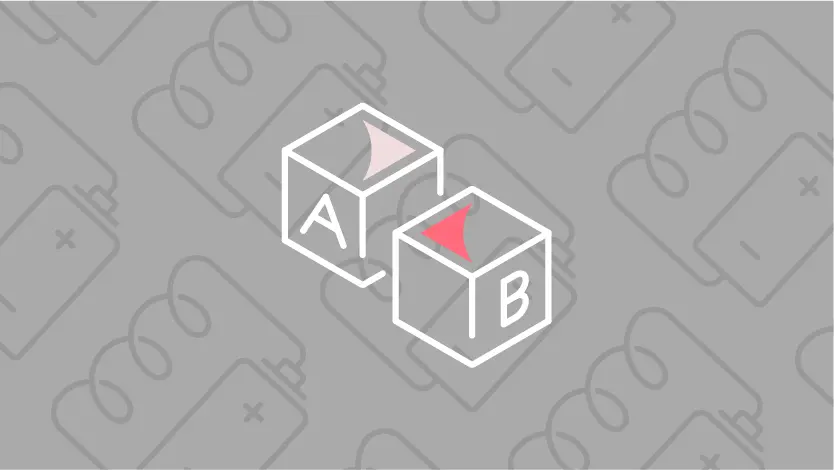
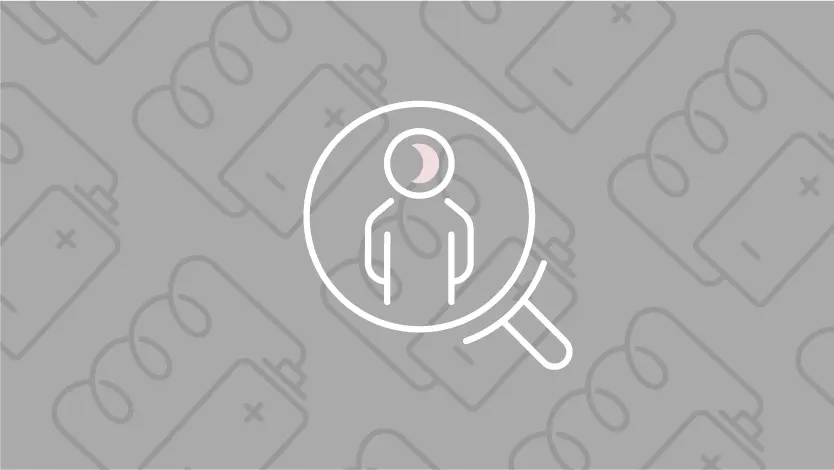
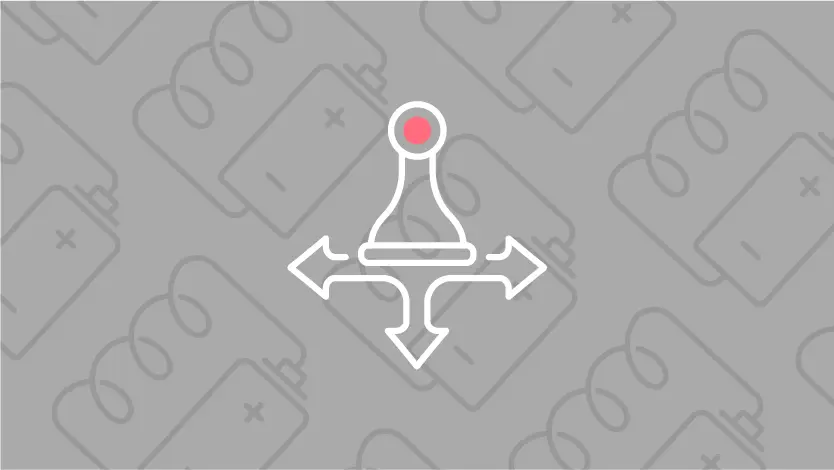





/eng-t56-1.webp)
/eng-t56-2.webp)
/eng-t56-3.webp)
/ashley-seow.webp)
/alvin-teo.webp)
/clarence-chew.webp)
/CBP-thumbnail-new.webp)
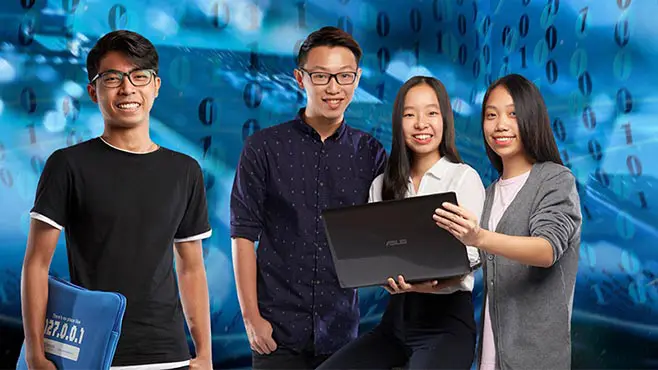
/eng-t52(800).webp)
